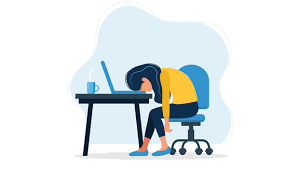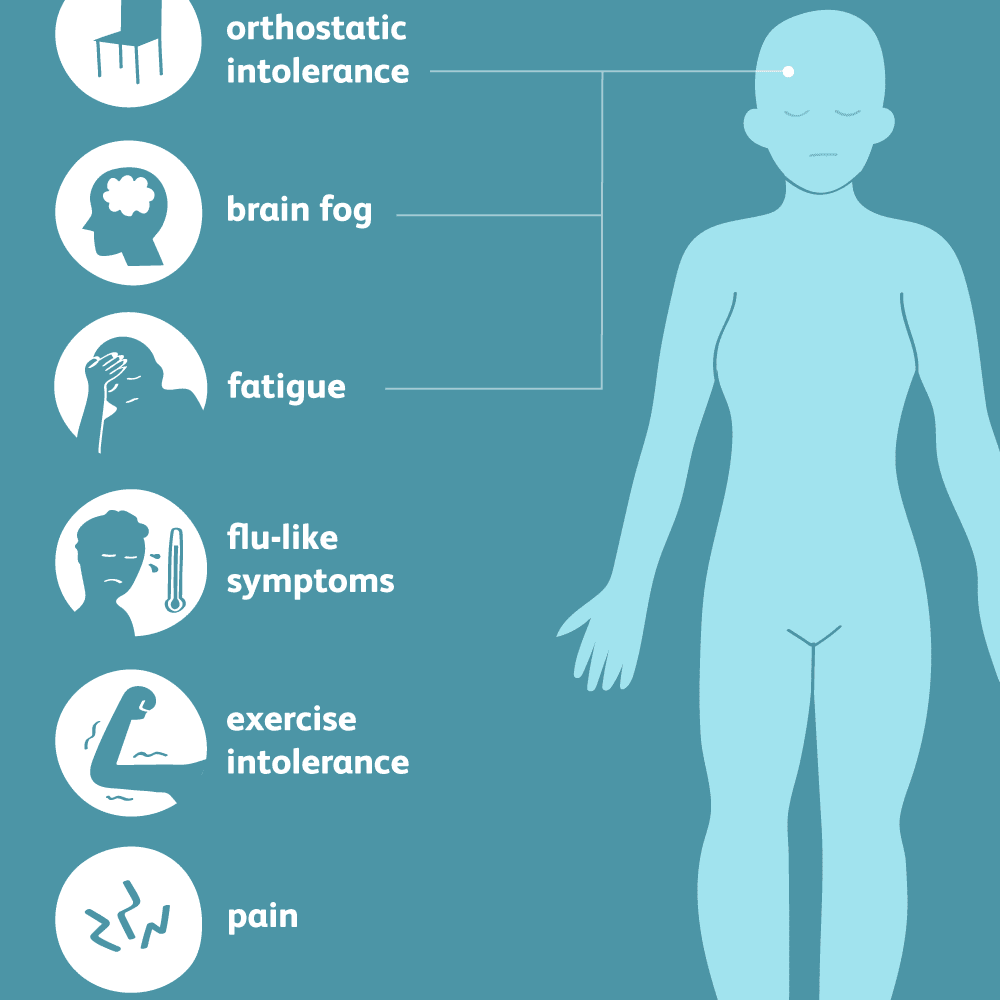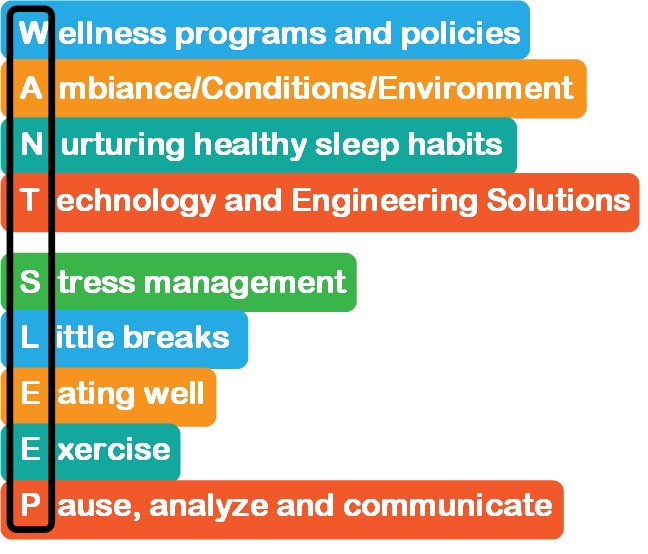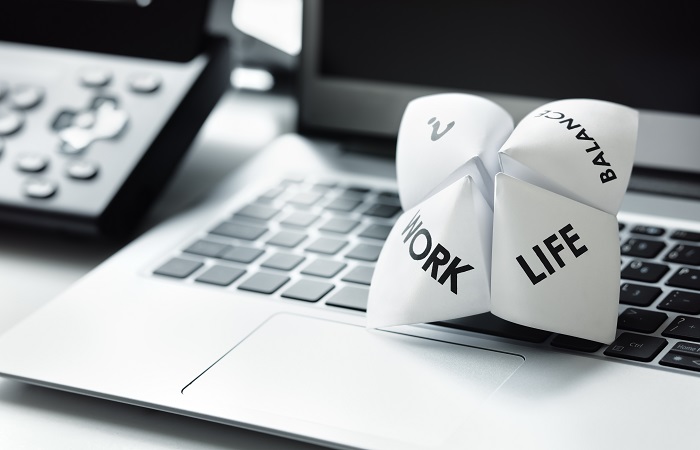Contents
What is work fatigue?
Do you work long hours? Are you feeling tired and exhausted every day because you work too much? If so, then work fatigue is probably the culprit. Work fatigue is a side effect of working too hard for too long. It can really take its toll on your physical well-being and mental health. In this blog post, we will talk about what work fatigue is. We will also cover why it happens, and how to combat it.
Work fatigue is a growing problem in today’s work environment. Many people work long hours, and this makes it easy to fall into the work fatigue trap. There are many reasons why work fatigue can be dangerous for you. It can have an effect on your physical health, mental well-being, and social life.
Types of Work Fatigue
There are different types of work fatigue that an individual may encounter. Two common examples include:
- Physical work fatigue
- Emotional work fatigue
Physical Work Fatigue

Physical work fatigue is the body’s response to prolonged or intense physical activity. It can lead to muscular aches and pains, breathlessness, and fatigue. This work fatigue is different than the mental work exhaustion that comes from extended periods of focusing or concentrating on work tasks, which can lead to difficulties with memory and concentration problems.
Emotional Work Fatigue

Emotional work fatigue is a response to prolonged emotional pressure at work, such as stress and anxiety about work. It is different from work-related emotional exhaustion which occurs when the person feels drained after work due to excessive demands, conflicting demands that are difficult or impossible to reconcile, and a lack of support from supervisors.
The third one is mental work fatigue. It is work exhaustion that comes from extended periods of focusing or concentrating on work tasks, which can lead to difficulties with memory and concentration problems.
Why do you experience work fatigue?
It is a condition where you work too much and it starts to take its toll on your mental well-being, leading to negative effects such as anxiety, stress, irritability, and more. If you work long hours at work for weeks or months at a time then work fatigue can set in quickly because the longer we work without a break, the more exhausted we become.
You or your employees might experience work fatigue due to the following reasons:

- Work long hours
- Lack of work-life balance
- Feeling overwhelmed at work
- Stressors outside work such as family problems or financial struggles have a negative impact on mental well-being.
- Sleep deprivation
- Organizational alterations.
Symptoms of Work Fatigue

As an HR or employer that cares about your employees, you should be on the lookout for any of the following signs in your workforce:
- Chronic tiredness or sleepiness: Employees who work long shifts may seem sleepy during work, but it can also be a sign that they are staying up late to work on their tasks. It disrupts workflow and work performance when someone is feeling tired all the time.
- Reduced concentration and focus: Employees who are suffering from work fatigue may struggle to get through their work. They will also have a difficult time focusing on the tasks at hand and completing work-related responsibilities efficiently.
- Irritability: Employees who are fatigued may begin to develop work-related irritability, which can lead to frustration with coworkers and managers. It can also lead to a lack of work ethic and work performance.
- Low Motivation: Work fatigue can also lead to low levels of work motivation. Employees who are fatigued may feel unmotivated and have a difficult time trying to get through their work, which leads them to become disengaged from work responsibilities.
- Increased instances of falling sick: Work fatigue may lead to work-related stress, which can cause employees to become ill more often. This then makes it difficult for work teams and organizations when team members are unable to work due to illness or injury.
- Headaches: Work fatigue can even lead to work-related headaches. This may be due to work-related stress or other factors that contribute to work fatigue, such as a lack of sleep at night.
How work fatigue affects the workplace?
The following are some of the ways that workplace tiredness impacts your employees and, as a result, your company:
1. Increased possibility of injuries:
Employees who are fatigued are more susceptible to occupational risks and accidents.
Loss of focus, diminished alertness, poor hand-eye coordination, and other symptoms of physical and mental exhaustion are common. When your employees are handling heavy machinery, utilizing power tools, and so on, such a situation might be risky.
Employees who work 12 hours a day have a 37 percent higher risk of accident and injury than those who work fewer hours, according to studies.
Not only may workplace injuries endanger employees’ lives, but they can also result in financial losses.
2. Negatively Impacts Decision Making:
Workplace weariness has an impact on your employees’ analytical ability. It makes it difficult for them to think things through and provide logical solutions at any given time.
When one is psychologically exhausted, hasty and impulsive actions will always result in annoyance and problems.
3. Lowers employee engagement and productivity:
Employee productivity loss may cost a firm up to $136.4 billion per year, according to OSHA.
Productivity and engagement decline dramatically when employees are physically and psychologically fatigued. Employee tiredness will result in a rise in sick days and absenteeism, hampering your company’s overall growth.
How to Proactively Manage Work Fatigue?
You now have a better understanding of the symptoms, causes, and consequences of job weariness.
Let’s take a look at some of the steps you can take to combat job weariness and, as a result, sustaining employee engagement and productivity.
- Take work-life balance into consideration. While work is important, so are your family and friends. This means you need to take time off of work for rest and relaxation outside of work. Think about how much sleep you get each night or what activities provide the most enjoyment in your life besides work! By making sure that you have scheduled time for work and life, you can help to reduce work fatigue.
- Schedule Breaks and work hours: By scheduling breaks and work hours throughout the workday, you can help to combat work fatigue. Taking a break for lunch or between tasks is an excellent way to re-energize yourself so that you aren’t too tired when it’s time to work again.
- Give two consecutive days of rest in a week: Take at least two full workdays off each week. Research has shown that taking two consecutive days of rest in a workweek can help combat work fatigue and improve productivity on the job.
- Manage workloads: Ensure you are only given tasks to keep your workdays from feeling overwhelming or exhausting. You can also ask for assistance if needed. Educate your employees on work fatigue: Educating your employees on work fatigue is important since it can help them understand the symptoms and consequences associated with work fatigue. Having a conversation about work fatigue could also lead to greater job satisfaction for your workers as they may feel like you care enough about their well-being to talk about such an issue.
Some More Tips
- Incorporate workplace wellness program: A work wellness program can include a stress management class, yoga or meditation classes, etc. to help employees combat it and increase their productivity at work.
- Introduce meditation at your workplace: work-fatigue is usually the result of not having enough time to decompress. When you feel overwhelmed, stressed out, or fatigued at work, it’s important to take some time for yourself before diving back into work so that your workday can go more smoothly.
- Have conversations about Mental Health: work-fatigue is often caused by depression, anxiety, or stress. Having conversations about mental health with your employees can help them understand that it doesn’t just happen to those who don’t work hard enough but it’s related to other issues as well.
- Be empathetic: work-fatigue can be caused by a variety of issues and knowing that your employees are struggling with work fatigue will help you to empathize with them which could lead to an improvement in their work performance.
These were the few points on how to Proactively Manage Work Fatigue. But it was on the part of the employer. Now, what should an employee do? Let’s get an answer.
What an employee should do?

- Get enough sleep: Another way for work fatigue is to get enough sleep! Being tired at work will only make job weariness even more difficult to cope with. Go to bed early so that you have the energy necessary each day when it comes time to work.
- Take Healthy Diet: A healthy diet filled with fruits, vegetables, and calcium-rich dairy products can help to give you energy throughout the workday. I work 12 hour days, and I feel like if I don’t eat breakfast before work or lunch during work that my energy level drops significantly. So make sure you’re getting healthy food into your body.
- Take Breaks: Take breaks throughout work to rest your eyes and get away from the computer. Stretch, walk around, or take a coffee break whenever you need one; it will make work more bearable when you return refreshed.
- Ask for help: Sometimes it is too much of what we can manage on our own. If you’re feeling overwhelmed with work, or you’ve tried all of the above, ask for help.
- Take Vacation: If it is becoming overwhelming and affecting your personal life, take a vacation. Getting away from work will rejuvenate you so that when you return to work refreshed and ready to go again! Make sure not to use up all of your paid time off in one work year.
Conclusion
We all know the feeling. No matter how many times we tell ourselves it’s a Monday, or a Friday, or any other day of the week for that matter–we’re always going to feel this way at some point in time during our workweek. The important thing is what you do with those feelings when they come up. There are ways to combat them and still get your job done! Here are five strategies that may help you survive it better than ever before. What have been your favorite tactics for fighting off these negative emotions? Let us know in the comments below so others can benefit from your experience too! One more tip. Don’t forget about taking care of yourself outside of just surviving work by getting enough sleep, eating healthy, taking breaks, asking for help when needed, and making sure you’re getting enough time off work!
Do you want to keep your employees happy, healthy, and productive? Join our employee assistance program and get a healthier workplace.


